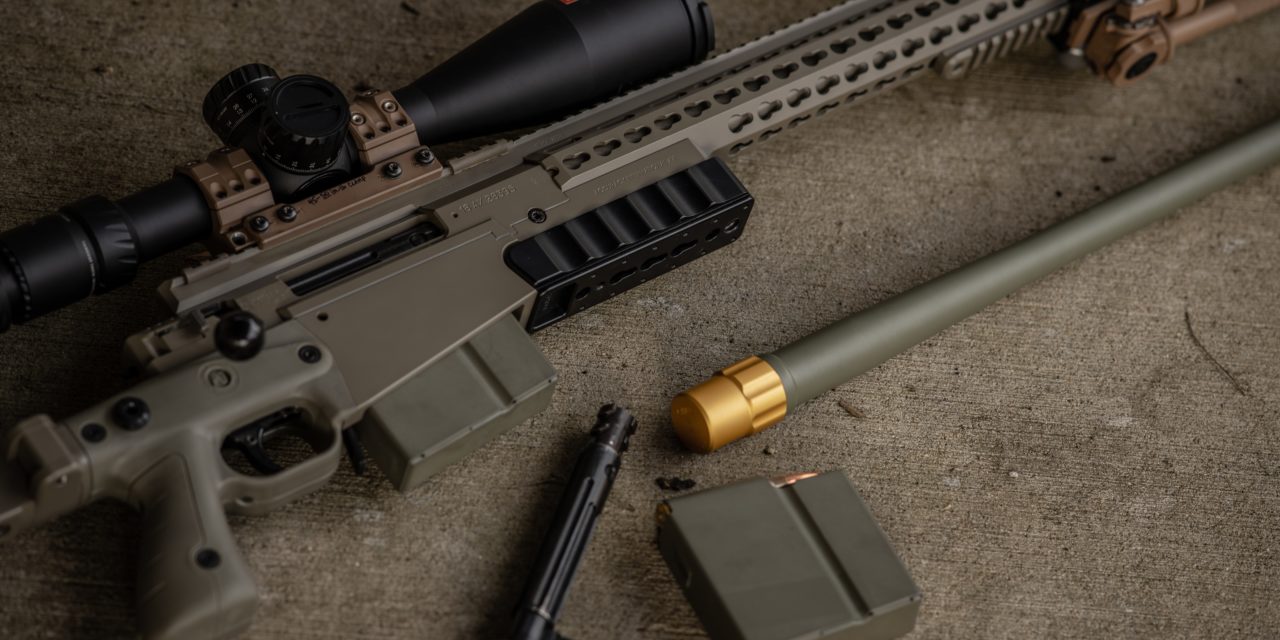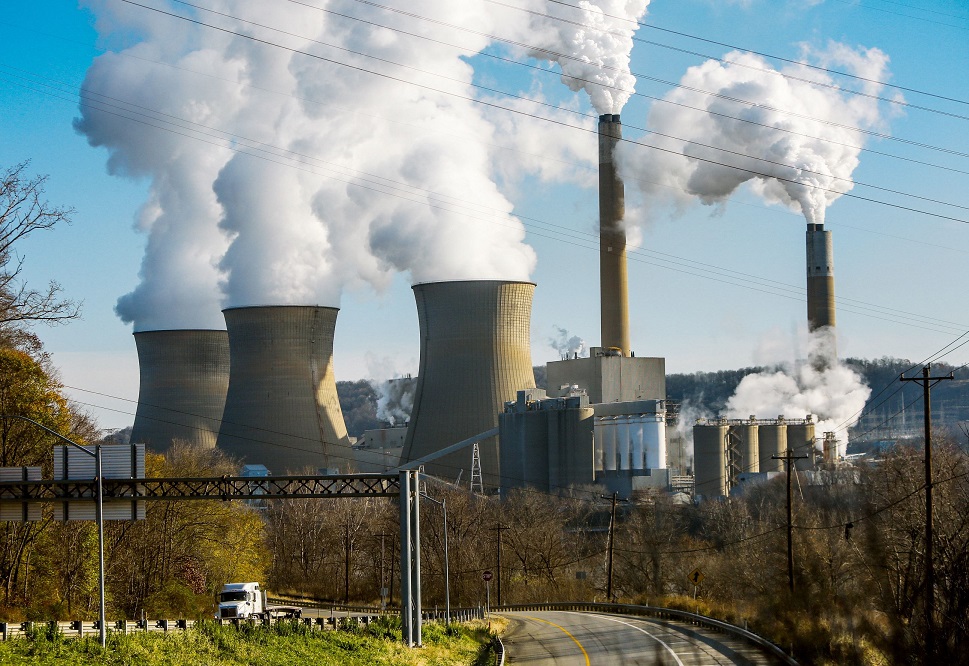In a chilling development after the most recent massacre at an elementary school in Uvalde, TX, several US gun and ammunition companies report that their stock prices have risen considerably in a very short time.
Stock prices for Smith & Wesson Brands went up by 8.4% in the two days following the Uvalde incident, while Arizona-based munitions company Ammo Inc.’s stock soared by 12%. Aside from ammunition and gun components, the latter also owns the firearms industry’s largest online retail hub GunBroker.com. Likewise, Sturm, Ruger & Co, reported a 5.7% increase in their stock price, while ammunition specialist Olin’s stock was up by 3.8%.
A Development That Should Not Come as a Surprise
But while considered a disturbing development, the increase in ammunition makers’ stock prices is hardly an isolated incident.
Historically, market analysts have a similar rise in stock prices following other mass shooting incidents or, for that matter, any incident that brings the controversial issue of gun control back in the public eye.
One particular example is the way Smith & Wesson’s stock went up by 49% following the shooting of nearly 50 people at an Orlando, FL nightclub back in 2016. Another would be how the company’s stock price went up after the Democratic Party won the presidency as well as control of both the Senate and Congress following the 2020 elections.
Analysts opine that such incidents drive a rush to purchase guns, ammunition, and artillery accessories, possibly in anticipation of any initiatives that would limit citizens’ access to firearms and related paraphernalia.
Critical Legislation
President Joe Biden expressed his grief at the loss of 19 children and two teachers in the most recent tragedy, but he also excoriated lawmakers for being slow to pass more stringent laws regarding gun ownership and use by private individuals.
Indeed, the President strongly demanded when the nation was going to stand up against the gun lobby which has been blocking the passage of such laws for decades.
In March last year, Democrat congressmen passed two bills that would require more extensive background checks on potential gun buyers. The first was written to negate the “Charleston loophole,” a provision that would allow an individual to purchase a gun if the vendor failed to complete a background check within three days; the provision was named after a 2015 shooting incident in Charleston, SC.
The second bill was meant to remedy the “gun show loophole,” a provision that rendered background checks unnecessary if the buyer was making the purchase either at a gun show or through an online retailer.
To date, neither of these bills has been voted on by the Senate. Indeed, virtually all proposed gun control measures have been given the cold shoulder in the chamber.















